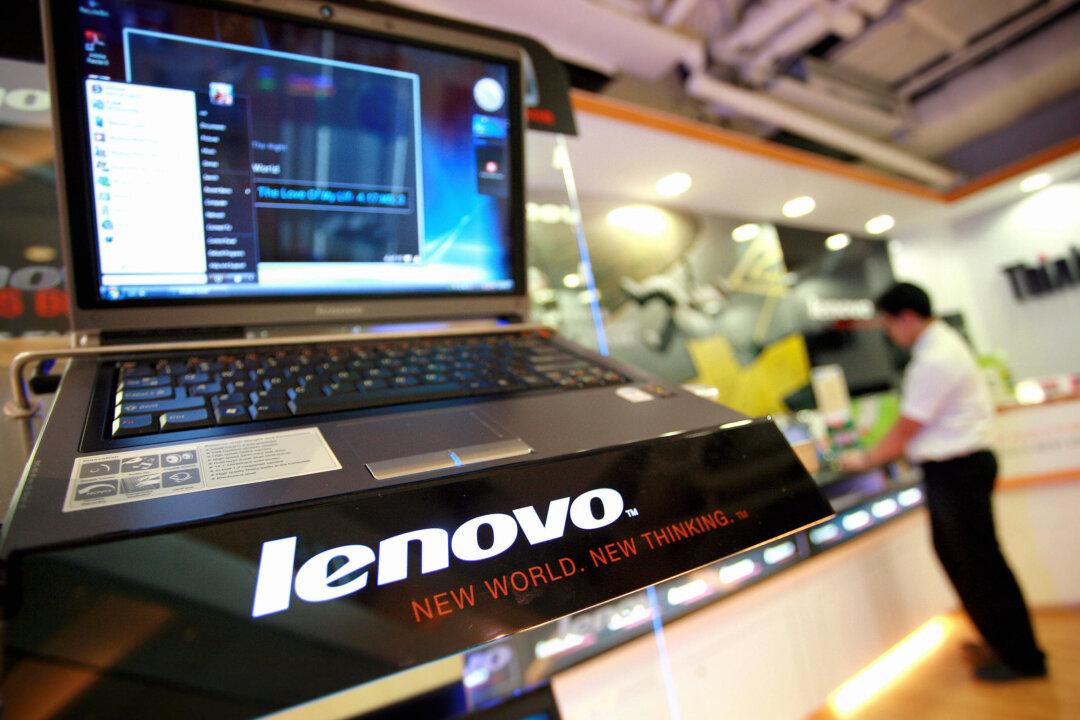The House Select Committee on the Chinese Communist Party (CCP) has urged the U.S. Navy Exchange to remove Lenovo computers from its stores over concerns about the company’s ties with the CCP regime.
In a letter to Navy Exchange Service Command CEO Robert Bianchi dated Oct. 4, House China Committee Chairman Mike Gallagher (R-Wis.) said that at least 10 Lenovo products are being sold on the Navy Exchange marketplace.





